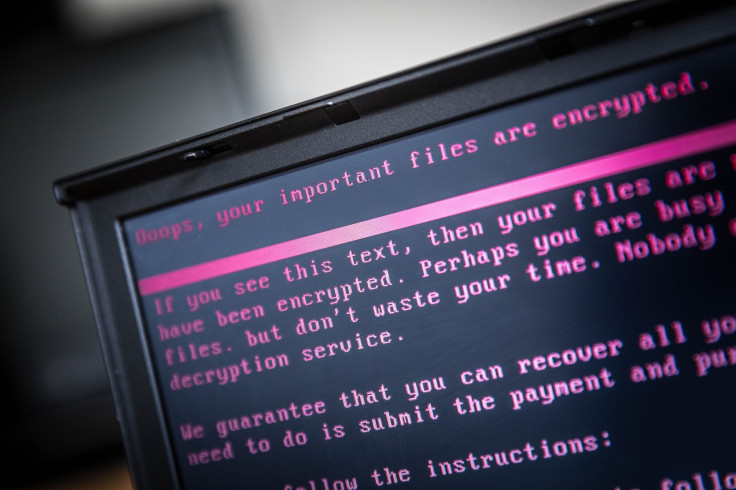'Operation DisrupTor' Busts 179 Dark Web Drug Dealers
KEY POINTS
- "Operation DisrupTor" led in the arrest of 179 dark web drug dealers in the U.S. and Europe
- 121 of those arrests were made in the United States
- More than $6.5 million in cash and virtual currencies and around 500 kilograms of illegal drugs were seized
- 63 firearms were also recovered
- "Operation DisrupTor" cored on the success of "Operation SaboTor" that saw the fall of Wall Street Market last year
179 dark web drug dealers who notoriously sold illicit goods and services across the United States and Europe were arrested in a massive shakedown into the illegal drug trade on the Darknet.
“Operation DisrupTor” is an initiative that brought together members of the Joint Criminal Opioid and Darknet Enforcement (JCODE) and Europol and created a “coordinated international effort” to disrupt the sale of opioids and other illegal services.
The nine-month operation cored on the success of “Operation SaboTor” that saw the fall of Wall Street Market in May 2019. WSM is one of the world’s largest dark web marketplaces that sold various illegal contrabands, including narcotics, counterfeit goods and malicious hacking software, the Department of Justice reported.

International law enforcement agencies were able to obtain intelligence to identify Darknet drug traffickers after the WSM takedown. This resulted in a series of complementary, but separate, law enforcement investigations that led to the arrests of the individuals who engaged in tens of thousands of illegal sales and services.
Of the 179 arrests, 121 were made in the United States, 42 in Germany, eight in the Netherlands, four in the United Kingdom, three in Austria and one in Sweden. Authorities were also able to seize more than $6.5 million in both cash and virtual currencies, approximately 500 kilograms of drugs and 63 firearms.
274 kilograms of drugs, including fentanyl, oxycodone, hydrocodone, meth, heroin, cocaine, ecstasy, MDMA and “medicines containing additive substances” were confiscated in the U.S., said the DOJ in a separate article.
#ICYMI: Deputy Attorney General Rosen announced that Operation DisrupTor, an International Law Enforcement Operation Targeting Opioid Traffickers on the Darknet, resulted in over 170 Arrests Worldwide & the Seizure of Weapons, Drugs & over $6.5 Million https://t.co/v48HTpXsnw
— Justice Department (@TheJusticeDept) September 22, 2020
“Criminals selling fentanyl on the Darknet should pay attention to Operation DisrupTor. The arrest of 179 of them in seven countries – with the seizure of their drug supplies and their money as well – shows that there will be no safe haven for drug dealers in cyberspace,” said deputy attorney general Jeffrey Rosen.
FBI Director Christopher Wray described the success of “Operation DisrupTor” as “important and timely” considering the spike in opioid-related overdose deaths amid the COVID-19 pandemic. He added that JCODE and its partnership with Europol will continue to identify dark web drug dealers and bring them to justice.
New press release: these "recent arrests" actually occurred over a 9 month period. Data seized from Wall Street Market's servers was used.
— dark.fail (@DarkDotFail) September 22, 2020
It's safe to assume many of these people didn't encrypt their shipping addresses, were low hanging fruit for LE to call a huge "operation". https://t.co/TAezWRodYD
“The FBI will continue to use all investigative techniques and tools to identify and prosecute Darknet opioid dealers, wherever they may be located,” said the DOJ, citing a statement from Wray.
“Operation DisrupTor” also ushered dozens of prosecutions following the arrests in the U.S. These include charges against a group in Ohio who mailed thousands of pills laced with fentanyl, a Washington man who concealed illegal drugs inside souvenir maracas and a pharmacist in Nebraska who allegedly planned to firebomb a local competitor after stealing their opiate supply, said Wired.
© Copyright IBTimes 2025. All rights reserved.





















